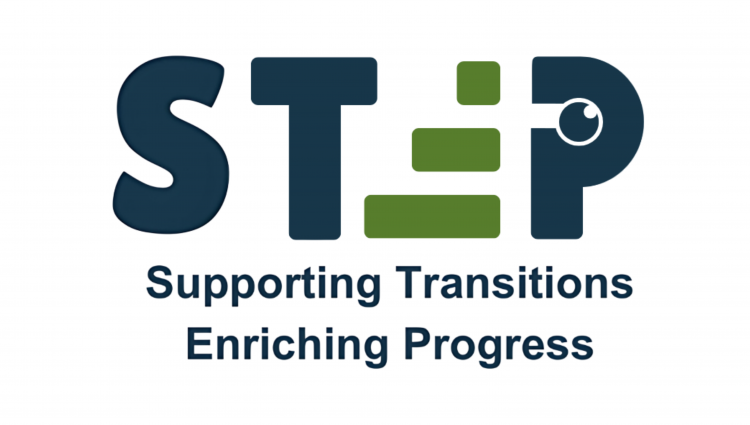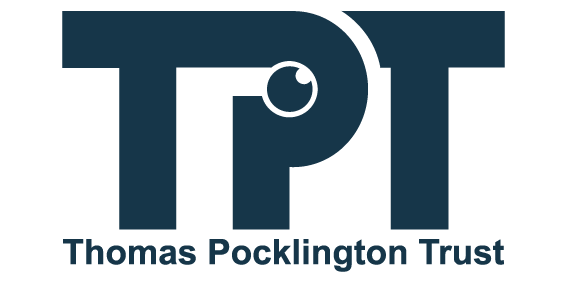How much are applicants expected to write?
At the EOI stage there are less than 20 short questions. 5,000 characters (which is equivalent to approximately two A4 pages of size 12 text) are available for applicants to describe the proposed work and how it aligns with the funding programme.
At the Full application stage, there are less than 30 questions. For those that require detailed answers there is a total of 7,000 characters available. Additionally, for each objective 1,500 characters are available to describe the objective, activities and outcomes. There are no limits to the number of objectives.
Applications are completed through our Funding Portal.
When will funding be disbursed?
Grant payments will be made to successful applicants after TPT has received a signed grant agreement. Grant agreements will be sent to successful applicants during mid-August 2025.
When can work start?
Funded work can begin from September 2025 and must start before January 2026.
What support is available for BPS applicants?
Our application processes has been designed, built and tested by blind and partially sighted people, and can be used with screen readers. If you would like to ask questions about the accessibility of submitting an application, please email grants@pocklington.org.uk and we will be happy to support.
Is this funding available in the Channel Islands or Isle of Man?
Our funding is only available for organisations registered in the United Kingdom of Great Britian and Northern Ireland, which does not include the Bailiwick of Jersey, the Bailiwick of Guernsey, and the Isle of Man.
Can I apply if I’ve previously received funding?
Yes, applicants who have previously applied or received funding are welcome to apply again. However, you must clearly disclose whether you will be receiving funding from any other sources for the same project or related activities.
Are partnerships or collaborations allowed or required?
Partnerships and collaborations are not required but are strongly encouraged. Working in collaboration with other individuals or organisations can strengthen your proposal and broaden the impact of your project.
What are the reporting requirements if I receive funding?
Successful applicants will be required to submit progress reports at 6 months and 12 months after the project start date. However, the exact reporting schedule may vary depending on the length and scope of the project. Specific reporting requirements will be outlined in the grant agreement.
What happens if I don’t spend the full grant?
If you do not spend the full grant, you must notify us as soon as possible. Unspent funds may need to be returned, unless an alternative use is agreed upon. We are flexible and will consider reasonable proposals for reallocating unused funds within the scope of your original project aims.
Can I request changes to my project after funding?
Yes, we understand that projects may evolve. If you need to make changes to your timeline, budget, or activities after funding has been awarded, please contact us to discuss the proposed adjustments. All changes must be approved in advance to ensure they remain aligned with the objectives of the grant.
What happens if my application is rejected?
If your application is not successful, you are welcome to request feedback. We aim to provide constructive comments to help you strengthen any future applications.
Can I reapply in the future?
Absolutely. We welcome resubmissions in future funding rounds, and we encourage you to take on board any feedback provided to improve your application.





